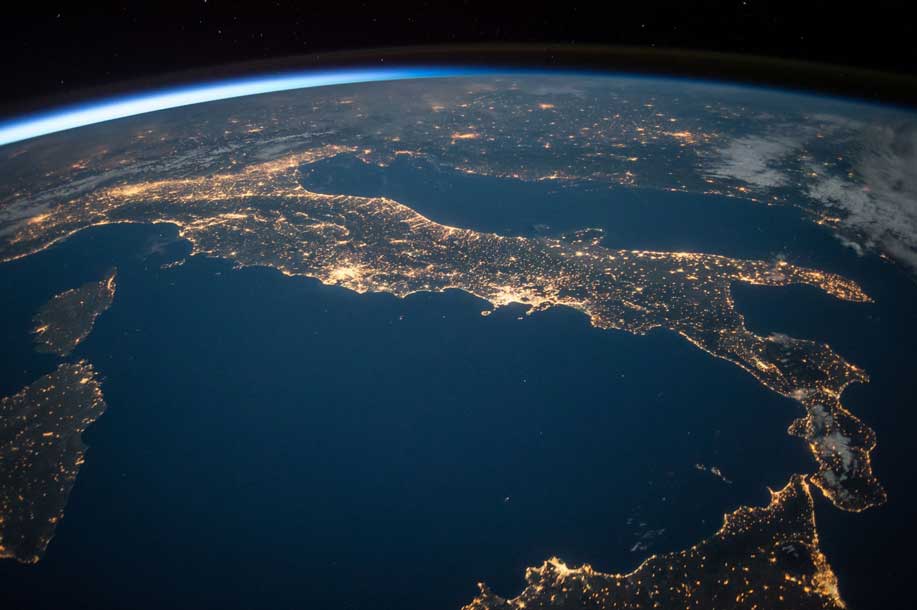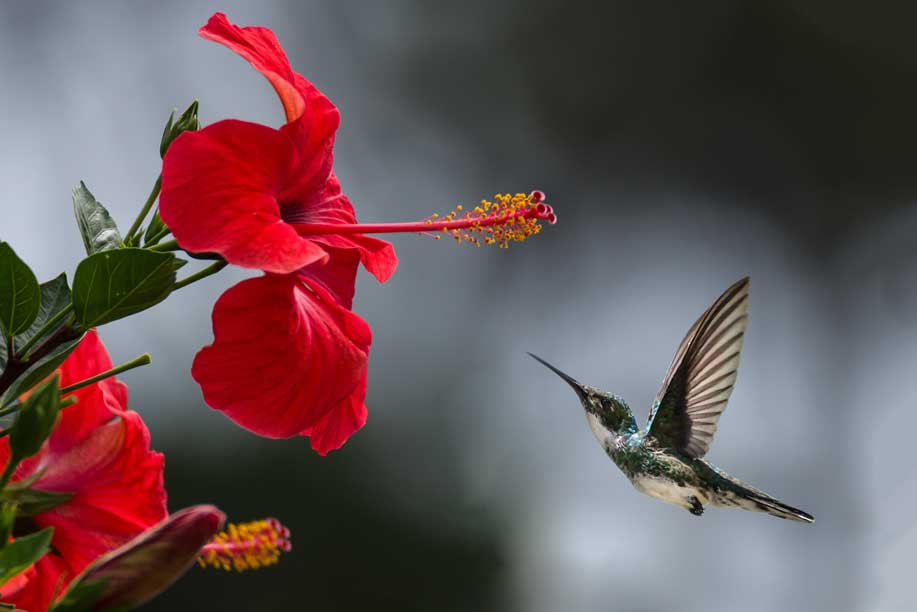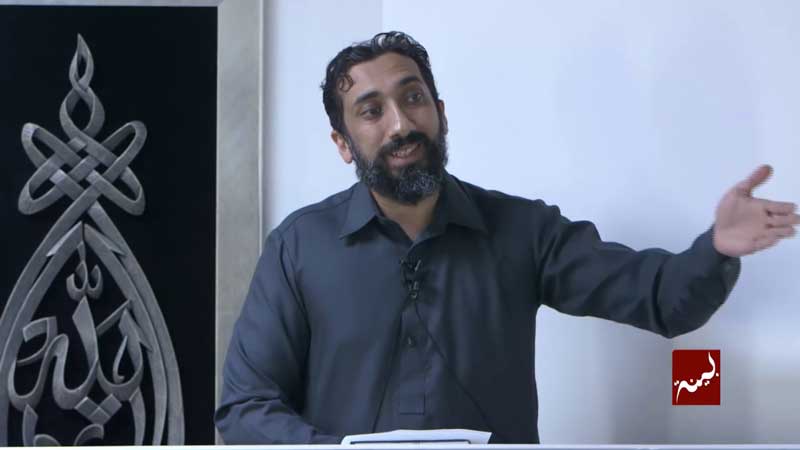What is the exact meaning of Subhanallah?
Subhanallah (in Arabic: سُـبْحانَ الله) is a central word to Islam who’s meaning often gets mixed in translation.
There is no one correct or precise definition in English but it is generally understood that Subhanallah means “Allah is Perfect”, “Glory be to God”, or “How Free of any Imperfection is Allah”, “May He Be Exhalted”.
Verses in Quran That Mention The Word Subhanallah:
In the Qur’an there are verses in which Subhanallah is said, it’s often recited in the context of warning people from comparing Allah to other deities. So, Subhanallah encompasses the main principles of Tawheed, i.e. Allah is the one and only, the most glorious, and is a declaration that he is be above any fault, or shortcoming.
Subhanallah is a Powerful Dhikr
Dhikr (Zikir) are devotional acts which a person repeated recites short phrases either silently in the mind or aloud. Reciting Subhanallah in Tasbih is a powerful form of dhikr with many benefits.
The simple act of reciting Subhanallah is a way to glorify Allah. To show your appreciation and be grateful for all the blessings he’s bestowed in your life.
Muslims will often recite Subhanallah in tasbeeh while also saying Alhamdulillah and Allahu Akbar. The reason for this is because of the Sunnah of Prophet Muhammad (SAWS),
Narrated Ali: Fatima complained of what she suffered from the hand mill and from grinding, when she got the news that some slave girls of the booty had been brought to Allah’s Messenger (ﷺ). She went to him to ask for a maid-servant, but she could not find him, and told `Aisha of her need. When the Prophet (ﷺ) came, Aisha informed him of that. The Prophet (ﷺ) came to our house when we had gone to our beds. (On seeing the Prophet) we were going to get up, but he said, ‘Keep at your places,’ I felt the coolness of the Prophet’s feet on my chest. Then he said, “Shall I tell you a thing which is better than what you asked me for? When you go to your beds, say: ‘Allahu Akbar (i.e. Allah is Greater)’ for 34 times, and ‘Al hamdu Li llah (i.e. all the praises are for Allah)’ for 33 times, and Subhan Allah (i.e. Glorified be Allah) for 33 times. This is better for you than what you have requested.” [1]
It does not take much effort to declare and praise Allah SWT, “Subhanallah, Alhamdullilah, Allahu Akbar” there is no harm in saying these three words and it takes no longer than few seconds. It’s just about making the little conscious and deliberate effort to show Him you remember him.
You may not know when your dying moments will be, so do not waste these moments.
“So remember Me; I will remember you. And be grateful to Me and do not deny Me.”
Surah Baqarah ayah 152
Virtues of Reciting SubhanAllah WA biHamdihi
Abu Hurairah (May Allah be pleased with him) reported:
The Messenger of Allah (ﷺ) said,
“He who utters a hundred times in a day these words:
‘La ilaha illallahu, wahdahu la sharika lahu, lahul-mulku wa lahul-hamdu, wa Huwa ‘ala kulli sha’in Qadir (there is no true god except Allah. He is One and He has no partner with Him; His is the sovereignty and His is the praise, and He is Omnipotent),’
he will have a reward equivalent to that for emancipating ten slaves, a hundred good deeds will be recorded to his credit, hundred of his sins will be blotted out from his scroll, and he will be safeguarded against the devil on that day till the evening; and no one will exceed him in doing more excellent good deeds except someone who has recited these words more often than him.
And he who utters: ‘Subhan-Allahi wa bihamdihi (Allah is free from imperfection and His is the praise)’ one hundred times a day, his sins will be obliterated even if they are equal to the extent of the foam of the ocean.” [2]
It was narrated that Anas bin Malik said: “Umm Sulaim came to the Prophet (ﷺ) and said: ‘O Messenger of Allah (ﷺ), teach me some words that I may supplicate with during my prayer.’ He said: ‘Glorify Allah (by saying SubhanAllah) ten times, and praise Him (by saying Alhamdulilah) ten times, and magnify Him (by saying Allahu Akbar) ten times, then ask Him for what you need; He will say: ‘Yes, yes.’ [3]
Jabir (May Allah be pleased with him) reported: The Prophet (ﷺ) said, “For him who says: ‘Subhan-Allahi wa bi hamdihi (Allah is free from imperfection, and I begin with praising Him, and to Him),’ a palm-tree will be planted in Jannah.” [4]
Abu Hurairah (May Allah be pleased with him) reported: The Messenger of Allah (ﷺ) said, “There are two statements that are light for the tongue to remember, heavy in the Scales and are dear to the Merciful: ‘Subhan-Allahi wa bihamdihi, Subhan-Allahil-Azim [Glory be to Allah and His is the praise, (and) Allah, the Greatest is free from imperfection]’.” [5]
When To Say Subhanallah
In short, saying Subhanallah can be said at any time as tasbih with no reason whatsoever. Contextually, it’s often said at times of amazement and in moments of joyous delights.
You would say Subhanallah when you see this:
and this…
and also this…
- Occasion 1: Dhikr or Remembrance of the Allah. This can be done at any time and there are no restrictions.
- Occasion 2: When you witness something spectacular or a miracle. For example, one night while you stand in the darkness, all you see is the light coming from the stars, in that moment you realize how vast and grand the universe is and how small you truly are. You would then whisper to yourself, “Subhanallah”.
As the saying goes, “stop and smell the roses”.
What happens when we get older is we begin to take the beauty of this dunya for granted. If we pause to “stop and smell the roses” we can see all the beautiful creations of Allah subhanahu wa Ta’ala. In the Qur’an, in Surah Ar-Rahman, it repeatedly says, fabi ayyi ala i rabbikuma tukazziban meaning, “then which of your Lord’s blessings would you both deny?” referring to all the bounties he has given us.
So next time you’re on a hike and see a beautiful flower how could you not say “Subhanallah”. By doing so your showing appreciation towards your creator.
References:
- Sahih Al-Bukhari hadith #3705 In-book reference : Book 57, Hadith 55
- Al-Bukhari and Muslim. Arabic/English book reference: Book 16, Hadith 1410
- Sahih (Darussalam) Reference: Sunan an-Nasa’i 1299 In-book reference : Book 13, Hadith 121
- At- Tirmidhi. Arabic/English book reference: Book 16, Hadith 1439
- Al-Bukhari and Muslim. Arabic/English book reference: Book 16, Hadith 1408












Nice
Mashallah
JAZAKALLAHU KHAIRUN